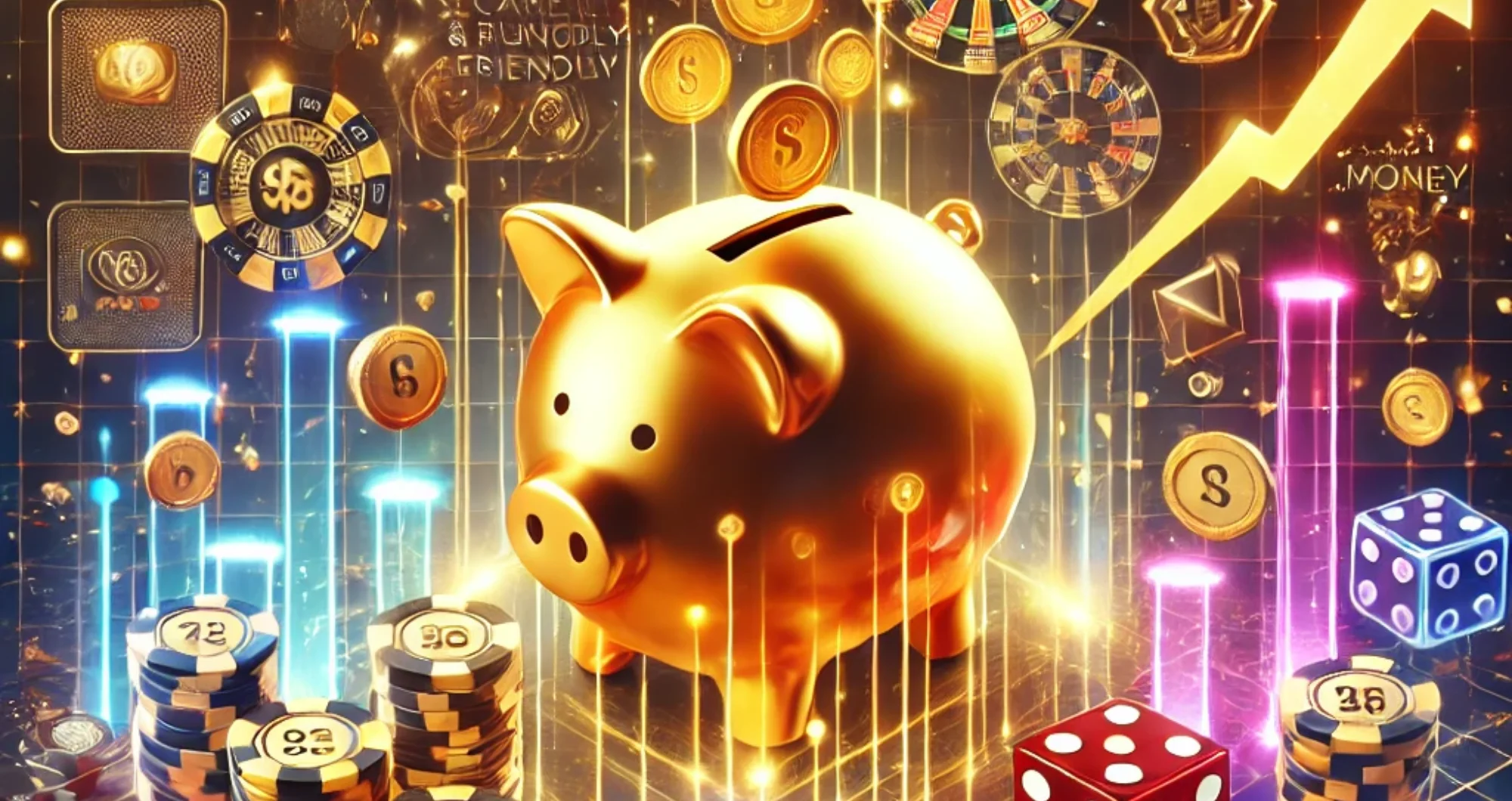Poker has appeared in numerous movies and TV shows to add layers of tension, intrigue, and strategy to storylines, and topical terms and phrases have been utilised, too.
“All in” and “call your bluff” are regularly referenced and have permeated popular culture. At the same time, poker and alternative games such as roulette and blackjack have transcended beyond the in-person casino realms and are now featuring prominently in the growing live casino offerings.
Characters in these TV moments can be seen amid intense decision-making or camaraderie, with character traits, drive plots, and memorable cinematic moments being created in these poker scenes. Below, we explore some of film and television’s most iconic poker moments, examining their context, significance, and game portrayal.
Casino Royale (2006)
The poker scene in Casino Royale is not just a pivotal moment in the movie but a masterclass in storytelling through high-stakes gaming. James Bond faces Le Chiffre in a Texas Hold ’em game with $115 million at stake, a sum that underscores the gravity of their rivalry.
Set in a prestigious casino in Montenegro, the atmosphere of the game is one of refined tension. Close-ups of Bond and Le Chiffre highlight their contrasting strategies: Bond’s calm, calculating demeanour versus Le Chiffre’s outwardly cool but inwardly desperate behaviour. The sequence is marked by meticulous pacing, with the escalating pot building suspense. The game’s climax comes when Bond unveils a straight flush to trump Le Chiffre’s full house, a moment that outlines Bond’s skill and composure under pressure. The scene symbolises Bond’s resilience and ability to outwit his adversaries through intellect and nerve.
Friends (1995) – “The One with All the Poker”
In the much-loved sitcom Friends, poker takes on a lighter tone in the episode “The One with All the Poker.” The group gathers for a friendly game, with Monica’s competitive streak and Rachel’s inexperience adding humour to the proceedings. When the girls eventually lose to the men, they seek to find Monica’s auntie, Iris, a famous card player, to receive lessons in poker and demand a rematch.
The scene is relatable for casual players and demonstrates the social aspects of poker. While the stakes are low, the banter and playful rivalry among the characters captures an element of fun within the game. This episode showcases poker as a bonding activity, contrasting with the high-stakes drama often depicted in movies.
Maverick (1994)
Mel Gibson’s Maverick offers a light-hearted and charming take on poker, set against the backdrop of a high-stakes riverboat tournament. The climactic poker game captures the social, unpredictable nature of the pastime, blending strategy with humour.
The vibrant setting, filled with vivid characters from all walks of life, highlights poker’s broad appeal. Maverick’s relaxed, almost nonchalant attitude contrasts with the serious approaches of his competitors. His ability to outmanoeuvre his opponents culminates in a thrilling final hand, showcasing his flair for strategy and bluffing. The playful depiction of poker in this Western comedy film underlines its accessibility and entertainment value, making it a standout moment in the genre.
Rounders (1998)
In the crime thriller Rounders, the story’s heartbeat is centred around poker. A skilled player, Mike McDermott steps foot in the underground poker world to settle a significant debt. The final confrontation with Teddy KGB is a psychological duel that forms the film’s climax.
Set in a shadowy, tension-filled room, the game exemplifies poker’s reliance on reading opponents. Teddy’s habit of cracking Oreos becomes a crucial tell, revealing his bluffs. When Mike exploits this detail, the power dynamics shift, leading to his triumph. This scene portrays poker as a cerebral challenge, where observation and timing are paramount. Mike’s victory is a personal redemption and a testament to the game’s intellectual depth.
Breaking Bad (2009) – “Gray Matter”
In an early episode in season 1 of Breaking Bad, poker is subtly used as a metaphor for the larger themes of control and competition that run throughout the series. During a family dinner, Hank compares Walter White’s situation to a poker game, specifically referencing the stakes involved in Walt’s life and decisions. In his brash, jovial manner, Hank likens Walt’s refusal to accept financial help from his former partner, Elliott Schwartz, to a game of poker where the “pot” grows with each decision.
This comparison is significant because it foreshadows the evolving tension between Walt’s pride and his increasing desperation. Hank’s offhand remark draws attention to Walt’s need to maintain control over his life, even as the stakes rise beyond his control. At this point in the series, Walt is still in denial about the ramifications of his decision to enter the trade, synonymous with the theme of Breaking Bad, and Hank’s analogy about poker subtly underscores the risks Walt is taking and the gambles he is unwilling to acknowledge.
Summary and Responsible Gambling
From the high-stakes glamour of Casino Royale to the comedic camaraderie of Friends, poker’s portrayal in popular culture underscores its complexity and universal appeal. It bridges the gap between strategy and emotion as a storytelling device, offering insights into characters and creating unforgettable cinematic moments.
Whether poker is used for drama, humour, or metaphor, it continues to be a fixture in films and television, cementing its legacy as more than just a game by showing its worth as a powerful tool for storytelling and reflection on the human experience.
While poker in pop culture is often seen as a game of strategy, suspense, and excitement behind its cinematic glamour, it is crucial to recognise the importance of approaching gambling with caution and responsibility. Whether playing poker in a real-world setting or enjoying poker-themed entertainment, it is vital to remember that gambling should always remain an enjoyable and controlled activity.
Feature image by Jonas Leupe on Unsplash







